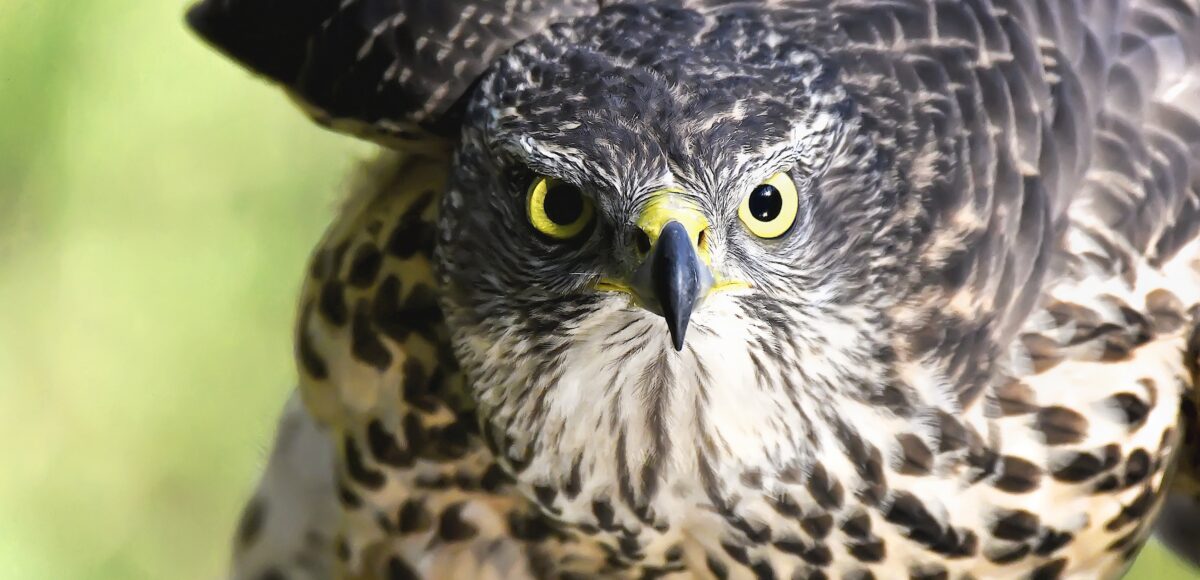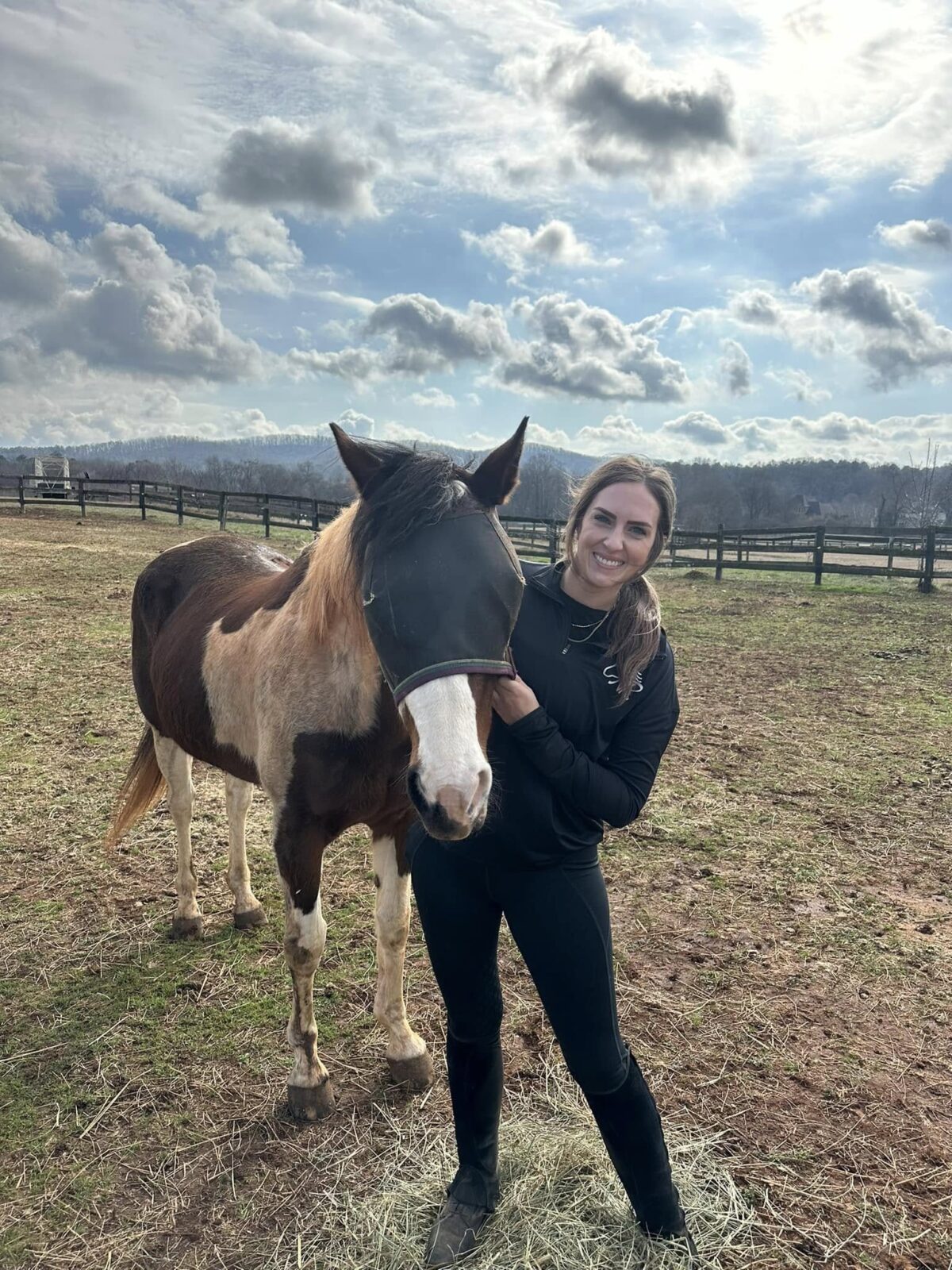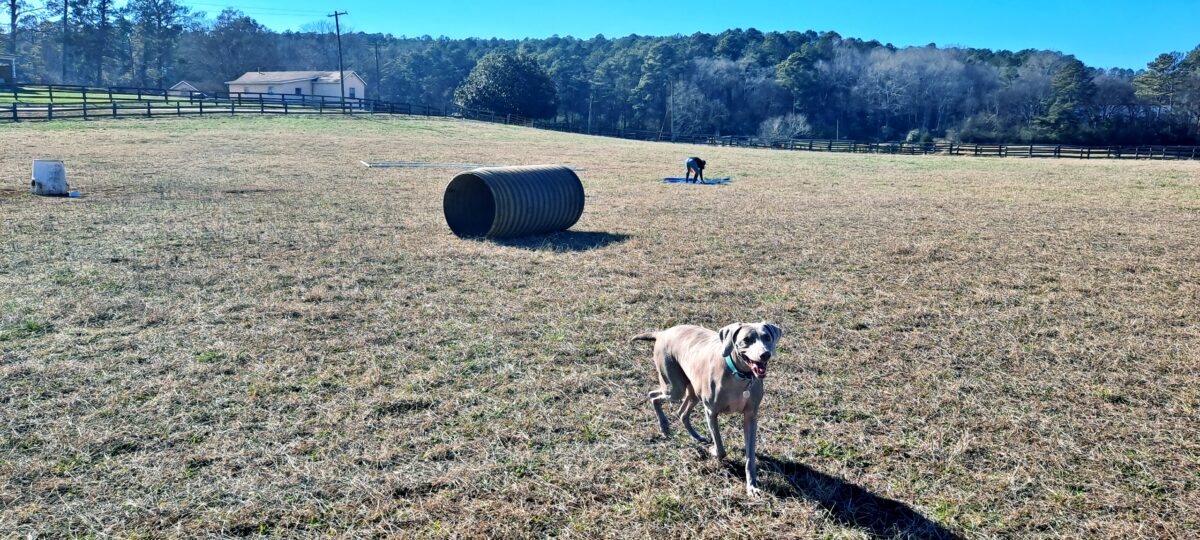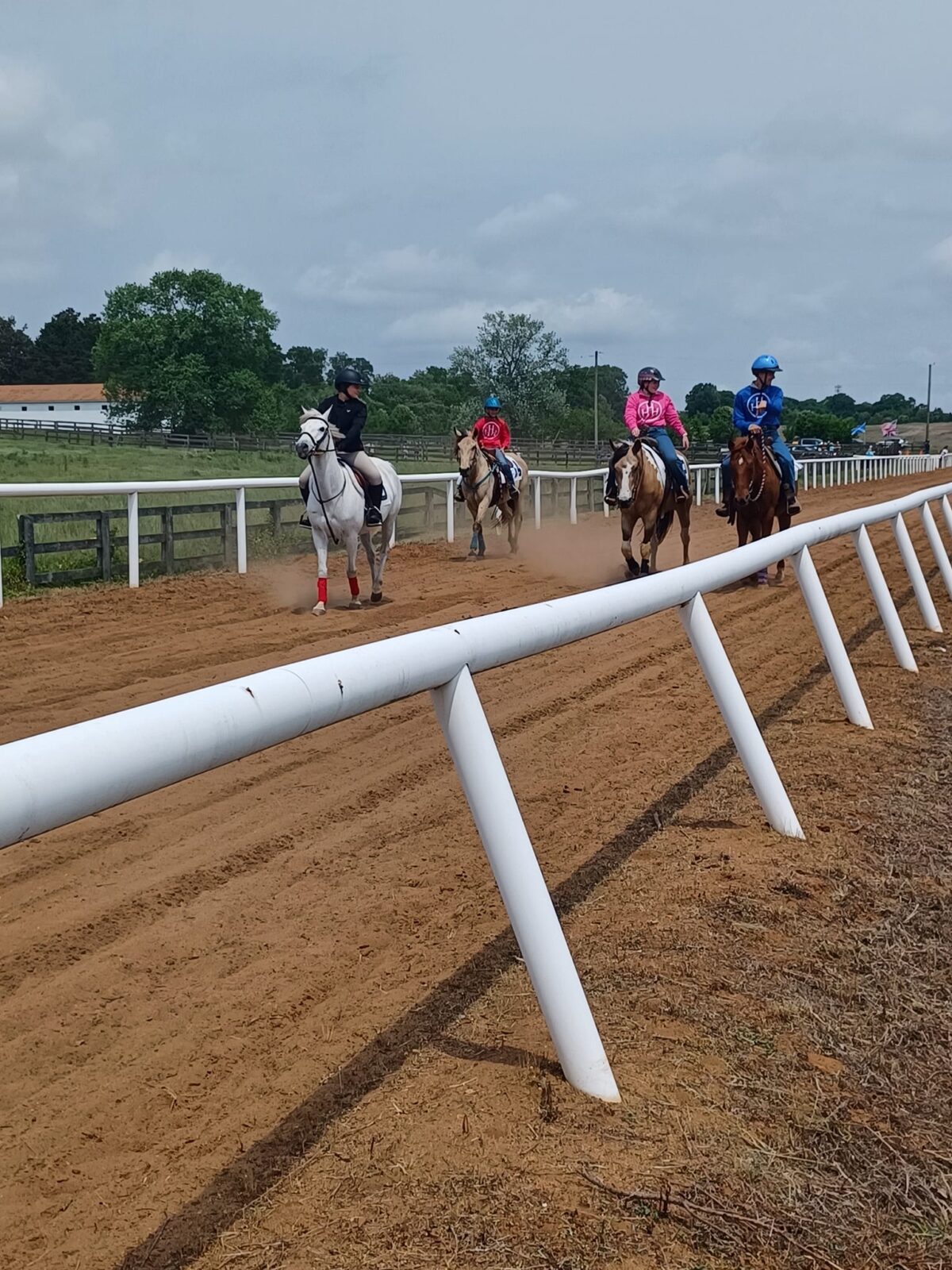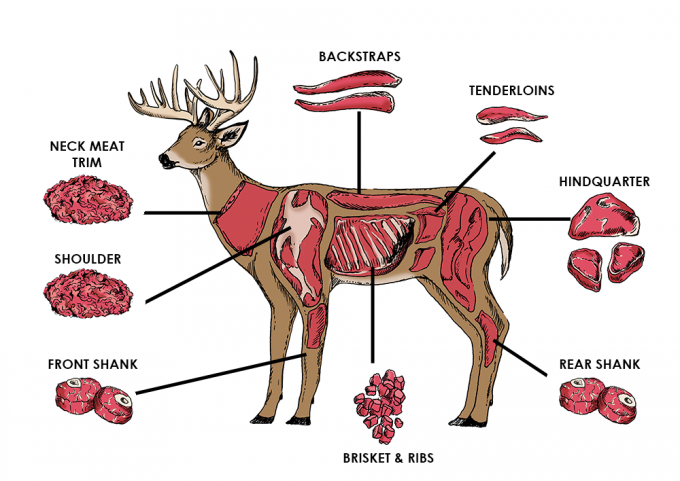Falconry, the art of hunting with trained birds of prey, can play a role in crop protection through a method known as “bird abatement.” Here’s how falconry can be employed to help save crops:
- Bird Control:
- Pest Birds: Birds such as starlings, pigeons, and sparrows can be significant pests for crops. They can cause damage by feeding on fruits, grains, and seeds.
- Falconry as Deterrence: Falcons and hawks, being natural predators, serve as effective deterrents. The presence of a raptor in the area can scare off pest birds, reducing the risk of crop damage.
- Natural Predator Instinct:
- Instinctive Fear: Birds in the wild have an instinctive fear of raptors. The sight of a falcon or hawk soaring overhead creates a natural threat, encouraging pest birds to seek safer areas away from the crop fields.
- Non-Lethal Pest Control:
- Environmentally Friendly: Falconry is a form of non-lethal pest control. Unlike certain chemical methods or traps, falconry doesn’t harm the pest birds. It provides a natural and environmentally friendly approach to crop protection.
- Precision Hunting:
- Selective Targeting: Trained raptors are precise hunters. Falconers can release a bird of prey to selectively target specific pest bird species without affecting non-target species.
- Adaptive Approach:
- Dynamic Pest Control: Falconers can adapt their approach based on the type and severity of the bird pest problem. Falconry provides a flexible and dynamic method of pest control.
- Reduced Reliance on Chemicals:
- Sustainable Agriculture: By using falconry as a means of bird abatement, farmers can reduce their reliance on chemical pesticides. This aligns with the principles of sustainable and eco-friendly agriculture.
- Educational Opportunities:
- Community Awareness: Falconry for bird abatement can also be an educational tool. Farmers using this method can engage with their local communities, raising awareness about the importance of natural and sustainable pest control practices.
- Effective in Various Environments:
- Versatility: Falconry can be employed in various agricultural settings, from vineyards and orchards to large crop fields. The versatility of falconry makes it applicable to a range of crop protection scenarios.
- Customized Falconry Programs:
- Tailored Solutions: Falconry programs can be customized to suit the specific needs of a farm. Falconers work closely with farmers to understand the crop, bird species causing issues, and the optimal strategy for bird abatement.
- Preservation of Biodiversity:
- Balancing Ecosystems: Using natural predators helps maintain a balance in local ecosystems. It prevents an overabundance of certain bird species that could lead to imbalances in the broader environment.
While falconry is a traditional practice, its integration into modern agriculture showcases its adaptability and effectiveness in addressing contemporary challenges. It not only protects crops but does so in a sustainable and ecologically responsible manner.

